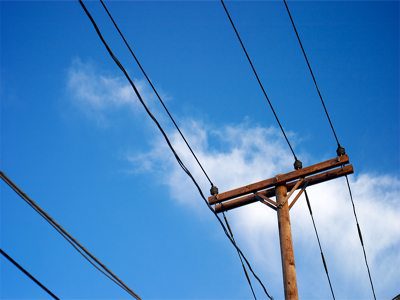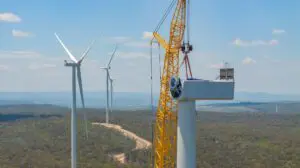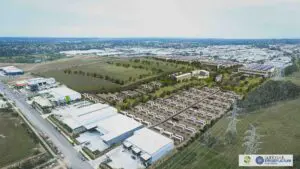The principal regulator for Australia’s energy industry has completed a report into one of the major high pricing events in South Australia in July and, like the competition regulator, has found nothing wrong with the activities of the main generators. But it has revealed a new ruse in how these generators exploit the market.
The report from the Australian Energy Regulator also highlights the importance of a new rule change that could wrest control, and pricing power, from the fossil fuel generators that are currently allowed to dominate the market, and lower prices overall for consumers.

Controversy has raged in recent months about the cause of price spikes in South Australia, with some blaming the high penetration of renewable energy, but most agreeing it was a combination of soaring gas prices, high demand, low wind output and repairs to the main link to Victoria that left the market in the hands of just a few gas generators.
It’s what the gas generators did during that time that is the big issue. The Australian Competition And Consumer Commission waved away concerns about the ability of the generators to exploit their market power, saying it was a perfectly normal thing to do.
But the AER report, analysts say, underlines the weakness of a market design that allows the generators to distort the market through their bidding practices, a concern that has been recognised by the AER, and the Australian Energy Market Operator.
Normally, the fossil fuel generators have been criticised for their bidding patterns, which see them push prices up from low levels to very high levels at various 5 minute intervals in the 30 minute settlement period, before bidding them down again. (If they keep prices under a certain level, they don’t get investigated)
By bidding up just one five-minute interval, the fossil fuel generators can guarantee themselves a high price for the 30-minute settlement period. If it happens late in an interval, there is nothing that others can do.
In South Australia on July 7, the fossil fuel generators didn’t have to bid up. Repairs and upgrades to the Heywood inter-connector to Victoria, low wind output, and issues with gas supply meant that the state barely had enough power to meet demand.
The wholesale spot price was already bid at its maximum price, and had been well flagged to be at that point a day before. Because through much of July 7, the 30-minute settlement periods started at or near the maximum price, the generators could not be accused of bidding up the price.
“There was no significant rebidding of capacity from low to high prices that contributed to the high priced outcomes,” the AER noted in its report. That’s because the prices were already at their maximum. To cash in on those high prices, the generators needed to then lower their bids to ensure a share of the output.
This sentence from the AER is illuminating:
The protracted period of high forecast prices and limited gas and transport capacity made scheduling of the limited fuel available problematic, with generators not being prepared to commit plant before outcomes became more certain. Consequently the generators waited until prices actually went high, then rebid capacity to low prices to increase their dispatch. ‘
There is now a proposal from large energy users, supported by the regulator and the market operator, to change that system so financial settlement is made every 5 minutes, rather than 30 minutes. They argue this should encourage battery storage, and wrestle power from the slow-moving and dominant gas generators.
The owners of the gas generators, needless to say, are arguing furiously against it. But the policy maker is now taking the idea seriously, although it has delayed any decision until the middle of next year.
Another issue raised in the report was about the level of notice given by AEMO in the actual impact of the Heywood interconnector repairs. The AER noted that while notice had been given of an outage a long time in advance, it was never clear how much this would affect supply and pricing.







